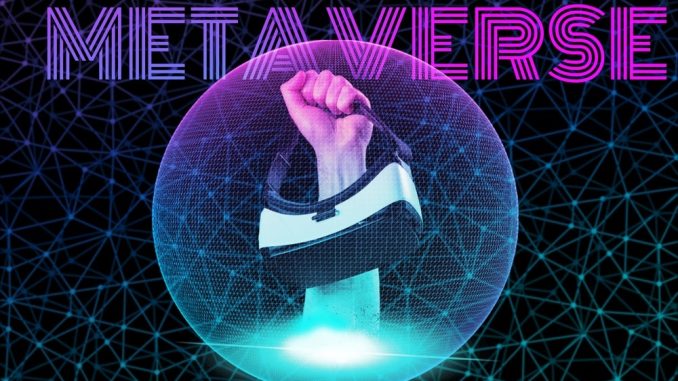
Cooling interest, economic obstacles, and the immaturity of enabling technologies resulted in a metaverse winter in 2023.
The abandonment or postponement of metaverse projects by Big Tech in 2023 damaged the theme’s image, while layoffs in Meta, Microsoft, and Disney at the end of 2022 and the beginning of 2023 suggest that the metaverse is a long way from reality.
The metaverse was promoted as a revolution in how humans socialize, consume media, and work. This will not happen until it is regulated, interoperable, and has a standard definition.
Well-defined regulatory frameworks are vital for a metaverse ecosystem to thrive, and several initiatives are underway to regulate and promote its growth. For example, in September 2023, China outlined a three-year plan to develop and foster the domestic metaverse industry, while in July 2023, the European Commission launched an initiative to drive competition in European enterprise-grade metaverse services.
The likes of UAE, Saudi Arabia, Bahrain, and Qatar have also established regulations to boost the investment and use of Web3 as part of its digital economic transformation programs. South Korea was the first to form the Metaverse Alliance to build the country’s metaverse ecosystem, focused on medicine, manufacturing, construction, education, retail, and defence sectors. This reflects government moves to establish standards to strategically boost their economies. Therefore, the metaverse will develop differently in different countries.
A global metaverse standard is a must-have
Misaligned regulations among countries on issues such as privacy, security, and digital identities could undermine the potential and development of the metaverse. Hence, global initiatives are a must, and indeed, some organizations are aiming to create global metaverse standards.
The International Telecommunication Union (ITU), the UN’s telecoms agency that sets global rules for technologies, formed a group of governments, tech companies, and academia to develop an open, international technical standard for the metaverse in December 2021. It aims to foster economic benefit from it and to help companies in ITU member countries develop high-quality experiences while emphasizing security and protecting personal data.
Tech giants are forming consortiums to ensure market dominance
In June 2022, Khronos Group, Meta, Microsoft, Nvidia, Unity Technologies, Epic Games, Adobe, Sony, and several other companies formed the Metaverse Standards Forum (MSF) to develop interoperability among different platforms. They are aiming for one metaverse that can be experienced from various sub-platforms offered by individual companies.
The MSF has partnered with Open Metaverse Alliance for Web3 (OMA3), launched in October 2022, and includes members such as Animoca Brands, Decentraland, and Dapper Labs among others. The two forums are working to create interoperable metaverses combining Web2 and Web3 ideologies.
Government regulations will threaten their businesses
All government standards will increasingly focus on content and data privacy alongside societal impact and trade issues such as taxes, copyrights, trademarks, and intellectual property.
Therefore, the companies and forums aiming to self-regulate or form alliances for shared standards must collaborate closely with governments in the countries they operate. The inability to adhere to domestic or regional laws will hamper their growth ambitions.


